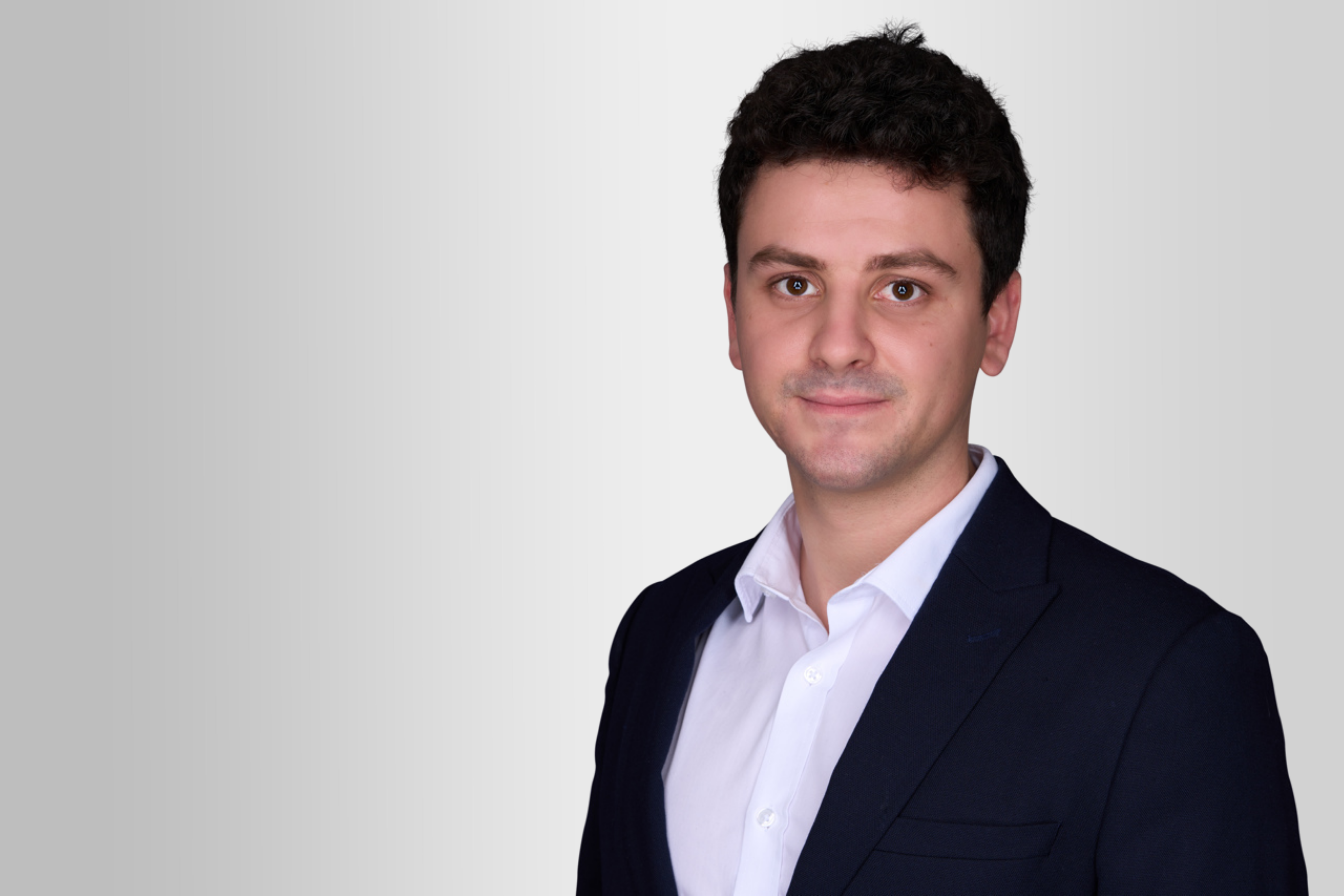Can P be taken off life sustaining treatment and placed into end of life care?
The question considered in the case of Cambridge University Hospitals NHS Foundation Trust V AH
Facts:
AH is a 56 year old woman who caught COVID in December 2020 and was admitted to hospital with severe symptoms. Unfortunately, her condition continued to deteriorate, she was paralysed from the neck down and reliant on a mechanical ventilator to assist with her breathing.
The Trust made an application to the Court to establish whether it was in AH’s best interest to take her off the ventilator. AH would not be able to survive without it and as a result the Trust wanted the Court’s judgement before they made the decision.
AH’s medical reports stated that she was minimally conscious with no prospect of recovering, but AH’s family believed that as part of her religious, cultural and family values she would not want to be taken off the vital support that was keeping her alive.
The Judge Mrs Justice Theis DBE weighed up the expert opinions from AH’s care team and her family who would have her best interests at heart. The Judge started with the presumption that it is in AH’s best interest to stay alive, however consideration must be given to the social and psychological impact her illness has had alongside the nature of the ongoing medical treatment.
The Trust were aware that since January 2021 to July 2021 the clinical team had observed the deterioration in her ability to recall information and to respond to complex questions. The medical reports stated that she was minimally conscious with no prospect of recovering. They warned that AH was exposed to a high risk of a sudden fatal event, such as gastric internal bleeding or septic shock, which would abruptly end her life and take away the family’s chance to say goodbye. The Judge acknowledged that AH had not suffered any significant issues during the 11 months she had been admitted to the ICU, which was testamentary to the high stand of care provided by the medical team.
Those involved with AH’s care were certain that her condition was not going to improve as a considerable period of time had now passed and they could be certain of this prognosis. As a result, the high level of medical treatment that AH was in receipt of would need to be maintained and it was too burdensome to be continued at home.
Consequently, The Judge was left with the decision whether it was in AH’s best interest to leave her to continue to receive treatment until she succumbed to an unpredictable catastrophic event or move AH to a private place where she could receive end of life care and be at the heart of her family.
Judgement:
The Judge decided that was in AH’s best interest to take her off the ventilator as there was no prospect of change and the continued deterioration of AH’s health would mean her care needs would become more challenging.
The Judge listened to the family members and their reasons why AH should remain on the ventilator, but appreciated that whilst the family believed she had come to terms with her condition and she was showing awareness and consciousness when they spent time with her, an increase in awareness is not to be equated with an improvement in the patient’s quality of life.
The Judge appreciated that the family were fighting on behalf of AH because it was a very difficult time for them and it was the best way to deal with their grief. She saw how AH was the centre of their family and that she was loved by them all which meant their opinions needed to be considered.
Subsequently, the Judge decided that AH should be taken off the ventilator and placed into end-of-life care. This was thought to be AH’s best interest as it would enable her to spend time with her family as they were so important to her and receive comfortable treatment.
* Disclaimer: The information on the Anthony Gold website is for general information only and reflects the position at the date of publication. It does not constitute legal advice and should not be treated as such. It is provided without any representations or warranties, express or implied.*
No comments